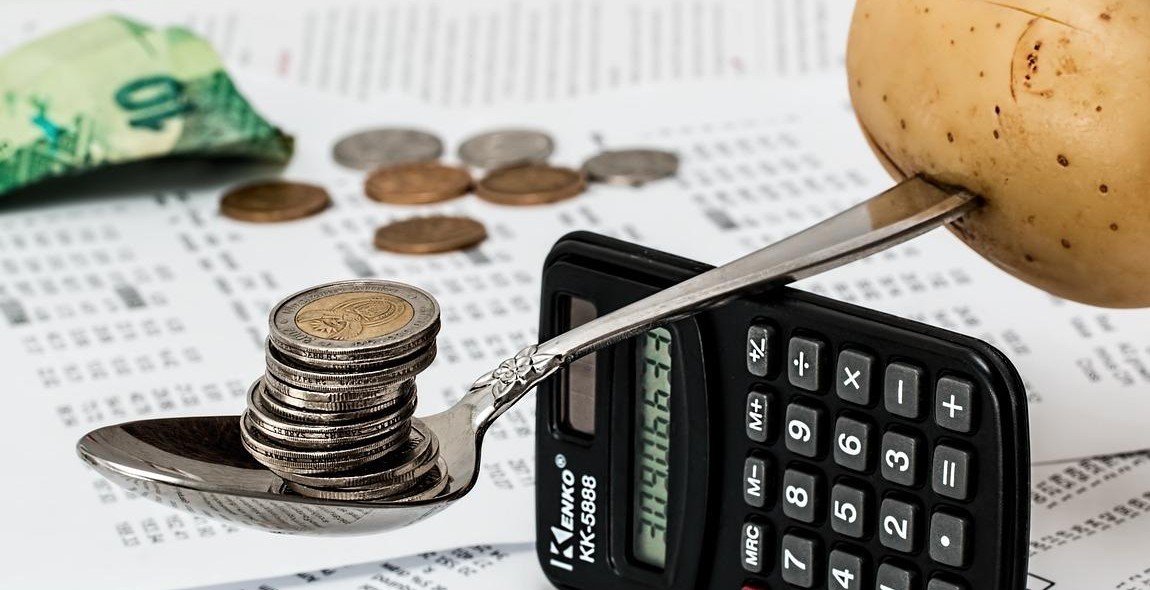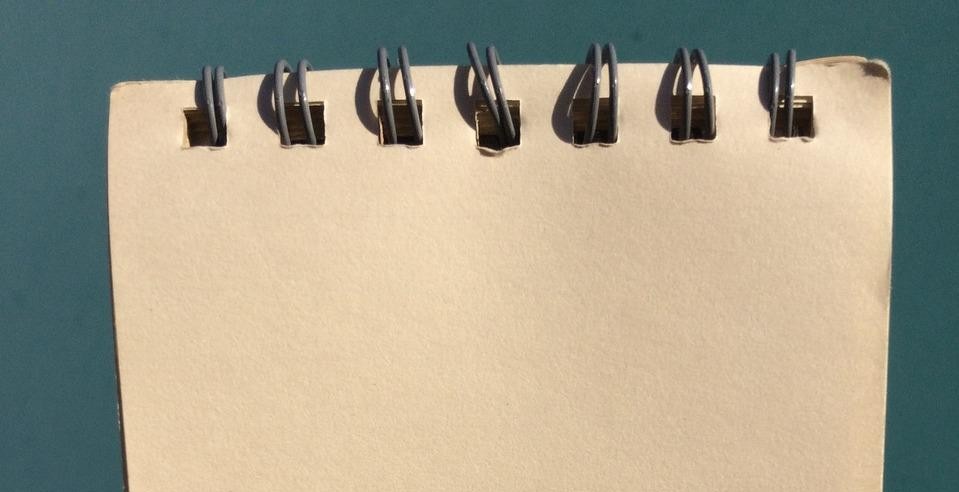How to Create a Budget: Tips and Tools for Managing Your Finances
Managing your finances can be a daunting task, but creating a budget is an essential step towards financial stability. A budget helps you track your income and expenses, identify areas where you can cut back, and save for long-term goals. However, creating a budget can be overwhelming, especially if you don’t know where to start.
Why Create a Budget?
Creating a budget is important for several reasons. Firstly, it helps you keep track of your spending and avoid overspending. Secondly, it helps you identify areas where you can cut back and save money. Thirdly, it helps you plan for long-term goals, such as buying a house or saving for retirement.
How to Create a Budget
Creating a budget may seem complicated, but it doesn’t have to be. The first step is to track your income and expenses. This can be done manually using a notebook or spreadsheet, or automatically using budgeting software. Once you have a clear picture of your income and expenses, you can create categories and allocate funds accordingly.
It’s important to be realistic when creating a budget and to allow for unexpected expenses. It’s also important to review and adjust your budget regularly to ensure it’s still working for you.
Tools for Budgeting
There are many tools available to help you create and manage your budget. Some popular options include:
- Budgeting apps, such as Mint or YNAB
- Online budgeting tools, such as EveryDollar or Personal Capital
- Spreadsheets, such as Excel or Google Sheets
Ultimately, the best tool for budgeting is the one that works for you and your lifestyle.

Why Create a Budget?
Creating a budget is one of the most important steps you can take towards achieving financial stability. As someone who has struggled with my finances in the past, I can attest to the power of budgeting to transform your financial situation.
Financial Benefits
The benefits of creating a budget are numerous. For starters, it helps you to keep track of your income and expenses, allowing you to see where your money is going each month. This helps you to identify areas where you may be overspending and make adjustments accordingly.
Additionally, a budget can help you to save money. By setting aside a portion of your income each month for savings, you can build up an emergency fund, save for a down payment on a house, or work towards other financial goals.
Another benefit of budgeting is that it can help you to avoid debt. When you have a clear understanding of your income and expenses, you are less likely to overspend and incur credit card debt or other forms of consumer debt.
Personal Experience
Personally, creating a budget has been a game-changer for me. When I first started working full-time, I was living paycheck to paycheck and had no savings to speak of. However, once I started creating a budget and tracking my expenses, I was able to identify areas where I was overspending and make adjustments.
Over time, I was able to build up an emergency fund, pay off my credit card debt, and start saving for long-term goals like retirement. Without a budget, I never would have been able to achieve these milestones.
In short, creating a budget is a crucial step towards achieving financial stability. Whether you are looking to save money, avoid debt, or simply gain a better understanding of your finances, a budget can help you get there.

Tips for Creating a Budget
Creating a budget is an essential step in managing your finances and achieving your financial goals. Here are some tips to help you create an effective budget:
Determine Your Income
The first step in creating a budget is to determine your income. This includes all sources of income, such as your salary, bonuses, and any other income streams you may have. Make sure to take into account any taxes or deductions that come out of your paycheck.
List Your Expenses
Next, make a list of all your expenses. This includes everything from your rent or mortgage payment to your daily cup of coffee. Be sure to include all your bills, such as utilities, insurance, and phone bills. Don’t forget to include any irregular expenses, such as car repairs or medical bills.
Categorize Your Expenses
Once you have a list of all your expenses, categorize them into different categories such as housing, transportation, food, entertainment, and so on. This will help you see where your money is going and identify areas where you may be able to cut back.
Set Realistic Goals
Set realistic goals for your budget. This could be anything from saving for a down payment on a house to paying off credit card debt. Make sure your goals are achievable and specific. For example, instead of saying “I want to save money,” set a specific goal such as “I want to save $500 per month.”
Track Your Spending
Finally, track your spending to see how well you are sticking to your budget. There are many apps and tools available that can help you track your spending and stay on track. Review your budget regularly and make adjustments as needed.
By following these tips, you can create a budget that works for you and helps you achieve your financial goals.

Tools for Budgeting
Creating a budget can be a daunting task, but fortunately, there are a variety of tools available to make the process easier. Here are some of the most popular tools for budgeting:
Spreadsheets
Spreadsheets are a classic tool for budgeting that have been around for decades. They allow you to create detailed budgets and track your spending over time. Spreadsheets are great for those who prefer to have complete control over their budget and want to customize it to their specific needs. Popular spreadsheet programs include Microsoft Excel and Google Sheets, which are both free and easy to use.
Budgeting Apps
There are many budgeting apps available for smartphones and tablets that make it easy to track your spending on the go. These apps typically sync with your bank account and credit cards, allowing you to see all of your transactions in one place. They also often offer features like bill reminders and goal setting. Some popular budgeting apps include Mint, YNAB (You Need a Budget), and PocketGuard.
Online Tools
There are also a variety of online tools available to help you create and manage your budget. These tools often offer features like automatic categorization of your expenses and the ability to set savings goals. Many of these tools are free, but some may charge a fee for premium features. Some popular online budgeting tools include Personal Capital, EveryDollar, and BudgetSimple.
| Tool | Spreadsheets | Budgeting Apps | Online Tools |
|---|---|---|---|
| Cost | Free with Excel or Google Sheets | Free or paid premium features | Free or paid premium features |
| Customization | High | Medium | Low to medium |
| Accessibility | Desktop or mobile device with spreadsheet app | Mobile device with app | Desktop or mobile device with internet access |
| Syncing with bank accounts | No | Yes | Yes |
Ultimately, the best tool for budgeting is the one that works best for you. Whether you prefer the customization of spreadsheets, the convenience of budgeting apps, or the automatic features of online tools, there is a budgeting tool out there that can help you take control of your finances.

Conclusion
Creating a budget is an essential step towards achieving financial stability. It helps you keep track of your income and expenses, identify areas where you can cut back, and plan for future goals. By following the tips and using the tools mentioned in this article, you can create a budget that works for you.
Remember these key points:
- Start by tracking your expenses for a month or two to get an accurate picture of your spending habits.
- Set realistic goals for your budget and prioritize your expenses accordingly.
- Use tools such as budgeting apps, spreadsheets, and financial software to help you create and manage your budget.
- Be flexible and adjust your budget as needed to accommodate changes in your income or expenses.
- Stick to your budget by monitoring your spending and holding yourself accountable.
Creating a budget may seem overwhelming at first, but with the right tools and mindset, it can be a simple and effective way to take control of your finances. Remember, the key to success is consistency and discipline. Stick to your budget, make adjustments as needed, and watch your financial goals become a reality.
